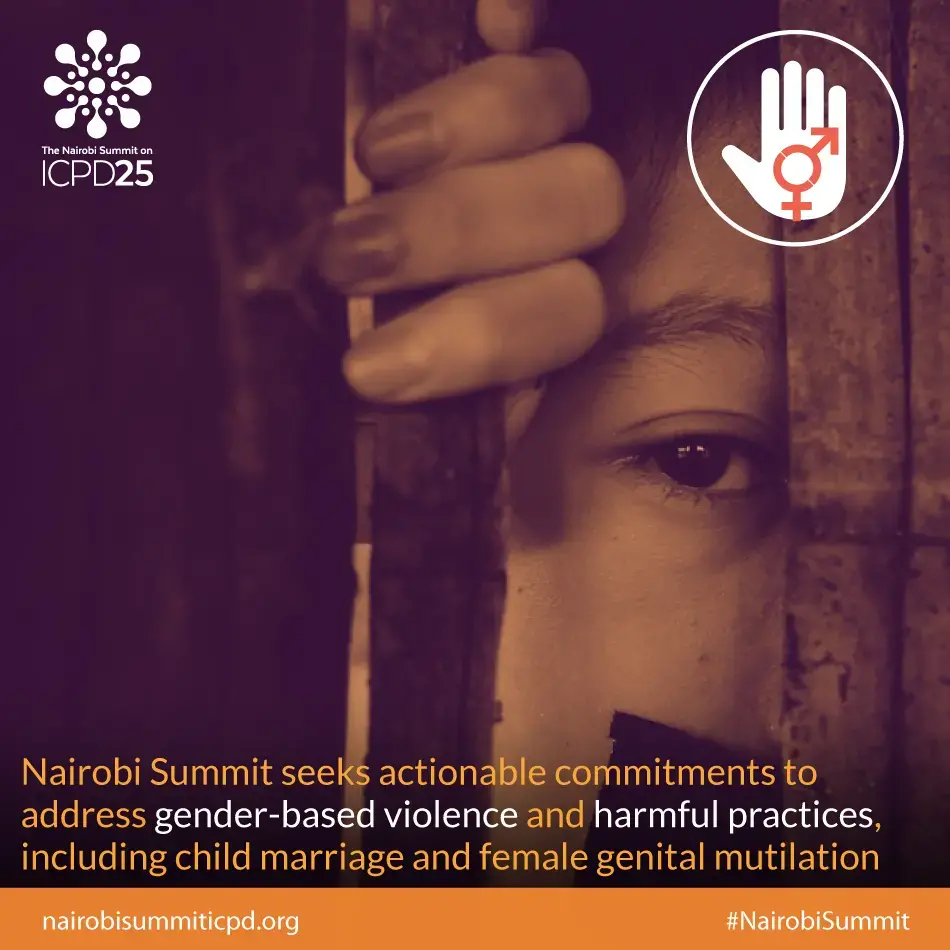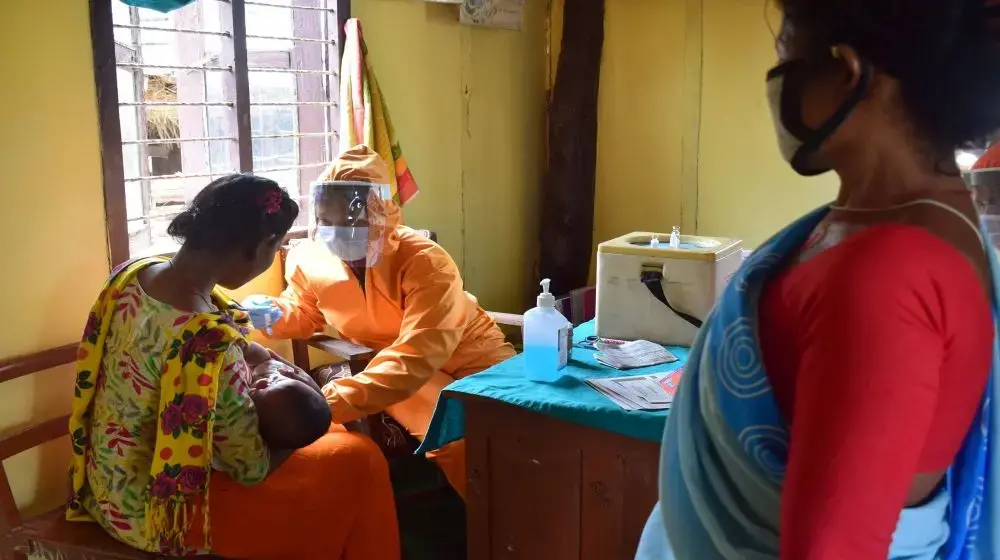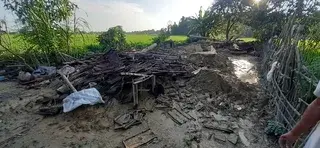The UN observes International Day for the Elimination of Violence against Women on 25 November. This observance raises awareness of the continuing toll of gender-based violence.
A global campaign – the 16 Days of Activism against Gender-based Violence – runs from today until 10 December, Human Rights Day. This campaign spotlights the actions being taken to end this global scourge.
Violence against women and girls is one of the most prevalent human rights violations in the world. Globally, it is estimated that one in three women will experience physical or sexual abuse in her lifetime. The United Nations Secretary-General’s UNiTE by 2030 to End Violence against Women campaign (UNiTE campaign) calls for global actions to increase awareness, galvanize advocacy efforts, and share knowledge and innovations. In 2019, the UNiTE campaign will mark the 16 Days of Activism against Gender-Based Violence, from 25 November to 10 December, under the theme, “Orange the World: Generation Equality Stands against Rape!”
In Nepal, the governments in the federal, provincial and local levels, UN agencies including UNFPA, development partners and local stakeholders observe the 16 Days by raising the voices of people to end gender-based violence and gender inequality.
Despite political commitment and a supportive legal and policy framework, violence against women remains a significant problem in Nepal. The 2016 Nepal Demographic Health Survey (NDHS) reveals that 22 per cent of women aged 15-49 have experienced physical violence since the age of 15, and 7 percent have experienced sexual violence. Among ever-married women, 26 percent have experienced spousal physical, sexual or emotional violence, with 34 percent of survivors having sustained injuries. The report also shows that 66 percent of women who have experienced any type of physical or sexual violence have not sought any help or talked to anyone about resisting or stopping the violence they experience.
Trafficking of girls for sex work is a particular problem. Other specific forms of violence include dowry-related violence, child marriage, female infanticide, witchcraft accusations, widow abuse, polygamy Chhaupadi, Badi, Deuki, Jhuma, and Kamlari. Most women who experience violence do not seek help.
UNFPA Nepal is working with the federal, provincial and local governments, parliamentarians, development partners, civil society, young people and other stakeholders to advance gender equality and reproductive rights, particularly through:
- Strengthening national and subnational health-system capacity to respond to gender-based violence within a coordinated multi-sectoral response,
- Enhancing capacity of men and women to prevent gender-based violence and supporting women to seek multi-sectoral services on gender-based violence, and
- Engaging communities in preventing harmful practices, including child marriage.
यस वर्षको लैङ्गिक हिंसा विरुद्धको १६ दिने अभियानको राष्ट्रिय नारा समानताको पुस्ता, बलत्कार विरुद्ध ऐक्यबद्धता रहेको छ ।





